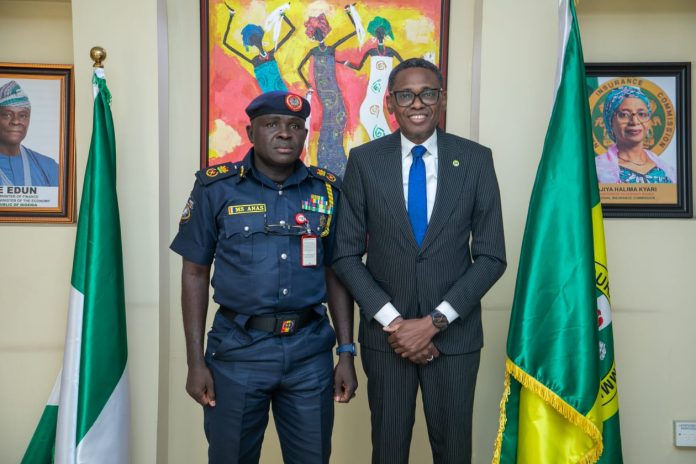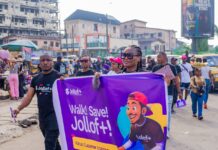By NIyi Jacobs
One week into the Federal Government’s enforcement of third-party vehicle insurance, Nigerian motorists are pushing back, citing economic hardship, distrust in the system, and confusion over policy requirements.
While police and road safety officials in Lagos, Akwa Ibom, and Edo have intensified enforcement—threatening defaulters with fines of up to ₦250,000—many drivers remain reluctant to comply. Resistance is particularly strong in the Southeast, where officials are still urging motorists to renew their policies.
A key factor driving resistance is the sharp increase in the cost of third-party insurance. The National Insurance Commission (NAICOM) had in 2022 raised the premium from ₦5,000 to ₦15,000, a 200 percent hike that many vehicle owners say is unaffordable amid rising living costs.
“Nigerians are already struggling with food prices, fuel costs, and rent. Now they are being forced to pay three times what they used to for insurance that they don’t even trust,” said a Lagos-based commercial driver.
Beyond affordability, skepticism about insurers honoring claims remains a major issue. Many motorists believe that making an insurance claim is either too cumbersome or outright impossible. Some recall past experiences where insurance companies allegedly delayed or denied payouts, making them question the value of third-party coverage.
Insurance expert Kemi Adeyeye, however, insists that claims are processed within one to two weeks if purchased from a legitimate provider. She notes that while some insurers may be unreliable, others adhere to industry standards.
Adding to the controversy, motorists with valid comprehensive insurance—which offers broader coverage than third-party insurance—have reported repeated harassment by police officers who insist that only third-party insurance is valid.
Many drivers have been stopped, questioned, and even penalized despite presenting valid comprehensive insurance policies. An insurance industry insider, speaking to BusinessNG, revealed that several policyholders had reached out to complain about their experiences with law enforcement.
“They should make this partnership more educational. The police are simply displaying a lack of understanding of the different types of vehicle insurance,” he said, noting that he had received at least five calls from frustrated motorists in the past week.
This confusion among enforcement officers is creating additional frustration among law-abiding drivers who already pay higher premiums for comprehensive insurance, expecting better protection.
The Federal Road Safety Corps (FRSC) and the Nigerian Police argue that strict enforcement is necessary, as thousands of vehicles operate without valid insurance, posing risks to other road users. They maintain that third-party insurance ensures financial protection for accident victims and helps to regulate road safety.
According to FRSC officials, uninsured vehicles contribute significantly to the financial burden faced by accident victims, who often have no recourse when involved in crashes with uninsured motorists.
However, the lack of public awareness, economic strain, and poor handling of enforcement are preventing smooth compliance. Motorists believe that rather than resorting to threats of ₦250,000 fines, the government should focus on public education, ensuring that both the public and enforcement officers fully understand the requirements and benefits of different types of vehicle insurance.
Despite the enforcement drive, compliance remains inconsistent, and resistance is still widespread. While some vehicle owners are reluctantly renewing their third-party policies out of fear of penalties, others continue to push back, questioning both the necessity and execution of the policy.
Until authorities address the economic concerns, improve awareness, and ensure that enforcement officers understand insurance policies correctly, the controversy surrounding third-party insurance enforcement is unlikely to subside anytime soon














